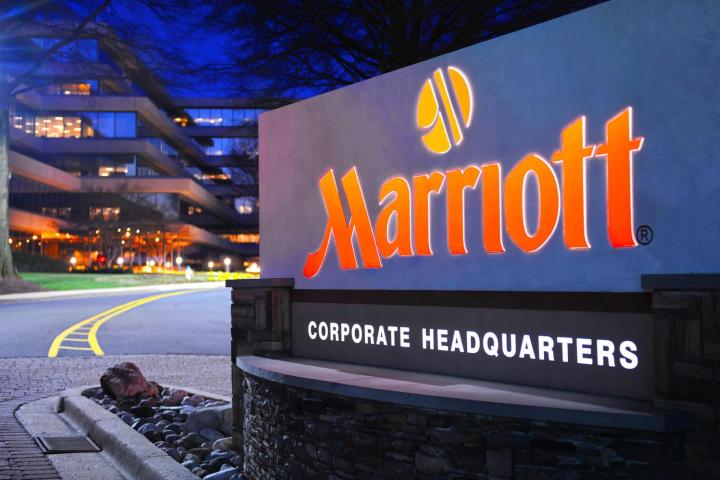
Specifically, a representative for Marriott wrote “We will continue to look to the FCC to clarify appropriate security measures network operators can take to protect customer data, and will continue to work with the industry and others to find appropriate market solutions that do not involve the blocking of Wi-Fi devices.”
Last year, the Federal Communications Commission fined Marriott $600,000 for forcing attendees of a conference into using the hotel chain’s Wi-Fi connection at the Nashville’s Gaylord Opryland Resort and Convention Center. According to complaints from attendees, Marriott required exhibitors to pay $250 to $1000 per device in order to connect to the Wi-Fi network at the resort. Alternatively, most personal hotspots cost approximately $25 to $100 and require a monthly service charge for data from companies like Verizon and AT&T.
Marriott’s argument against guests using personal hotspots within the resort area was specifically related to the potential for cyberattacks against the chain’s Wi-Fi network as well as the possibility that hotel’s Internet service could be disrupted. Hypothetically, if the FCC had ruled in the company’s favor, Marriott may have attempted to extend hotspot blocking into guest rooms in order to force guests into spending $15 to $20 per day for Internet access.
Speaking about the decision to fine Marriott more than half a million dollars, FCC Enforcement Bureau Chief Travis LeBlanc said “Consumers who purchase cellular data plans should be able to use them without fear that their personal Internet connection will be blocked by their hotel or conference center. It is unacceptable for any hotel to intentionally disable personal hotspots while also charging consumers and small businesses high fees to use the hotel’s own Wi-Fi network. This practice puts consumers in the untenable position of either paying twice for the same service or forgoing Internet access altogether.”
Editors' Recommendations
- The key to fixing your bad Wi-Fi connection may finally be here
- Wi-Fi 6E devices will embrace 6GHz. Here’s what it means to you


